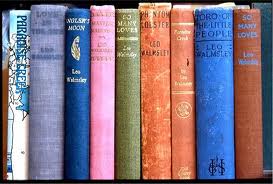NonFiction
Read it
Gurcharan Das was an author that was mentioned in a book I read recently on Punjab. Since I like following rabbit holes and building context, I thought I would try him out when I saw this book. Das takes us through the concept of being "Good" and fulfilling one's Dharma and contrasts that with the definitions of "Good" and "Dharma" in the Mahabarata.
If you've ever read the Mahabarata, you know that both Good and Dharma are relative terms. It's all subjective and arguments can be made for any direction. It's maddeningly twisted. Trying to apply the Mahabarata to real life is a similar exercise. If you cannot define in exact paramaters what "Good" and "Dharma" are, then comparing or applying them to real life is a mind melting exercise.
I would call this more of an analysis of "Good" and "Dharma" are in the Mahabarata. And Das explores every small twisted alley in depth. Even he still accepts the nonsolidity of the concepts by the end of the book. It's a good book to read if you want to dive into ethics and Indian literature and societal ethos. The minute you try to apply concrete values to any of it, you will feel like bashing your head on the concrete.
While it was a bit long and drawn out, I'm not sorry I read it. Even if I was ready to be done with the relativism 3/4 through the book.
Read it.
~Becky~
